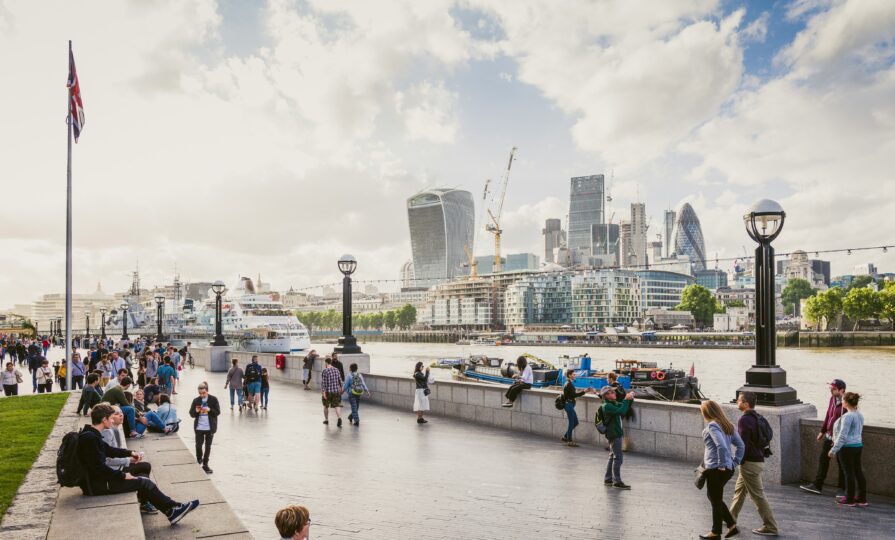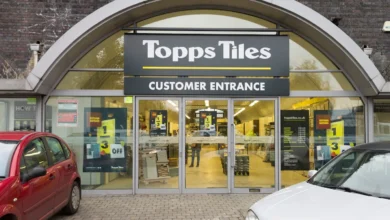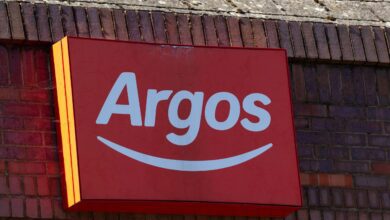Inflation holds steady at 3.8% in September
The inflation rate for food and non-alcoholic drinks fell to 4.5% for the year to September, down from 5.1% in the year to August

Register to get 1 free article
Reveal the article below by registering for our email newsletter.
Want unlimited access? View Plans
Already have an account? Sign in
Inflation remained unchanged in September for the third month in a row, as the Consumer Price Index rose by 3.8%, with food prices easing over the period.
The September, August and July 2025 figures have been the joint-highest recorded since January 2024, when the rate was 4.0%.
Transport made the largest upward contribution to the monthly change in annual inflation rates, rising to 3.8%, up from 2.4% in the 12 months to August. This was in part offset by recreation and culture, and food and non-alcoholic beverages, which made the largest downward contributions.
The inflation rate for food and non-alcoholic drinks fell to 4.5% for the year to September, down from 5.1% in the year to August.
ONS chief economist Grant Fitzner said: “A variety of price movements meant inflation was unchanged overall in September. The largest upward drivers came from petrol prices and airfares, where the fall in prices eased in comparison to last year.
“These were offset by lower prices for a range of recreational and cultural purchases including live events. The cost of food and non-alcoholic drinks also fell for the first time since May last year.”
He added: “Meanwhile, the annual rise in the cost of goods leaving factories continued to increase, driven by higher food prices.”
Dr Kris Hamer, director of Insight at the British Retail Consortium, said: “Headline inflation remained unchanged last month, as an easing of food price rises was countered by an increase in transport inflation, notably air fares. Food inflation is expected to remain high into 2026 as inflationary pressures from the last Budget continue to filter through, something now being seen in the price of clothing and footwear.
“With the cost of the weekly shop still significantly higher than last year and the prospect of another tax-raising Budget next month, today’s figures are unlikely to raise consumer spirits. Nonetheless, consumers will have been happy to see the price of key staples such as rice, bread and cereal fall on the month.”
He added: “With the IMF warning that UK inflation will be the highest in the G7, the chancellor must use the upcoming Budget to tackle rising prices head on. Retailers, already operating on tight margins, have been hit with £7bn in additional taxes this year alone — costs they simply can’t absorb.
“The Government must use what levers it has to hold back the rising tide of inflation. Reform of business rates — delivering a meaningful cut for retailers with no shop paying more— would drive and help deliver better value for customers.”







